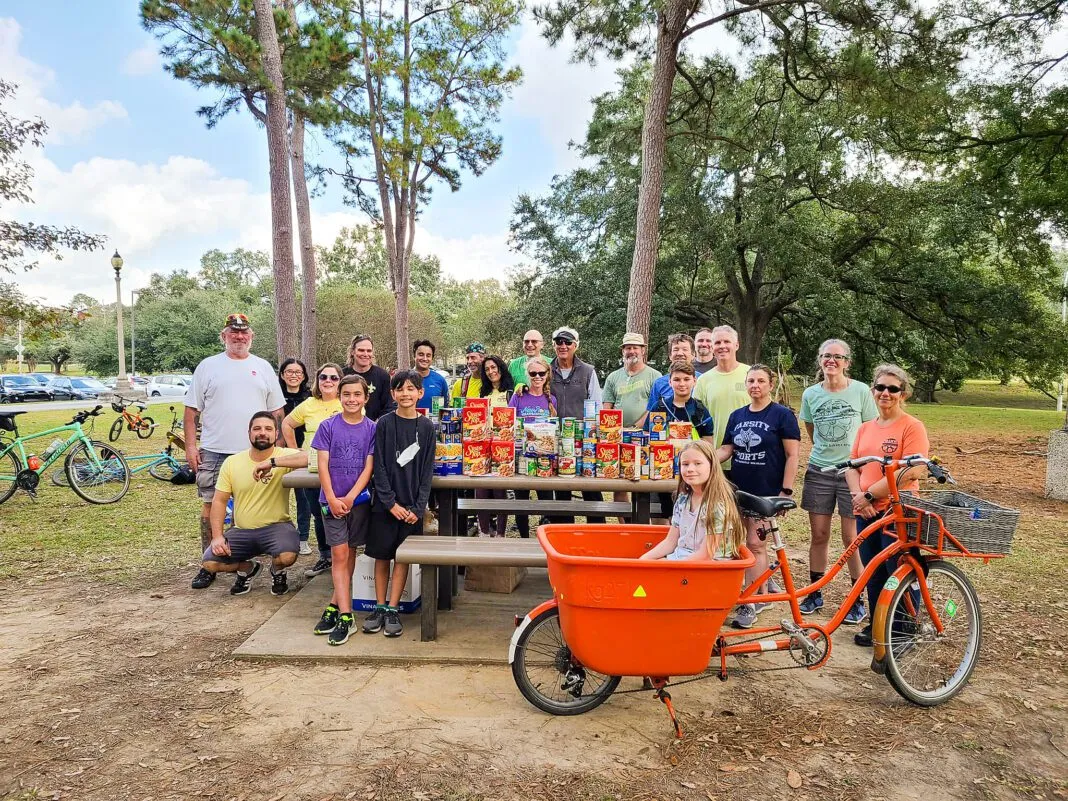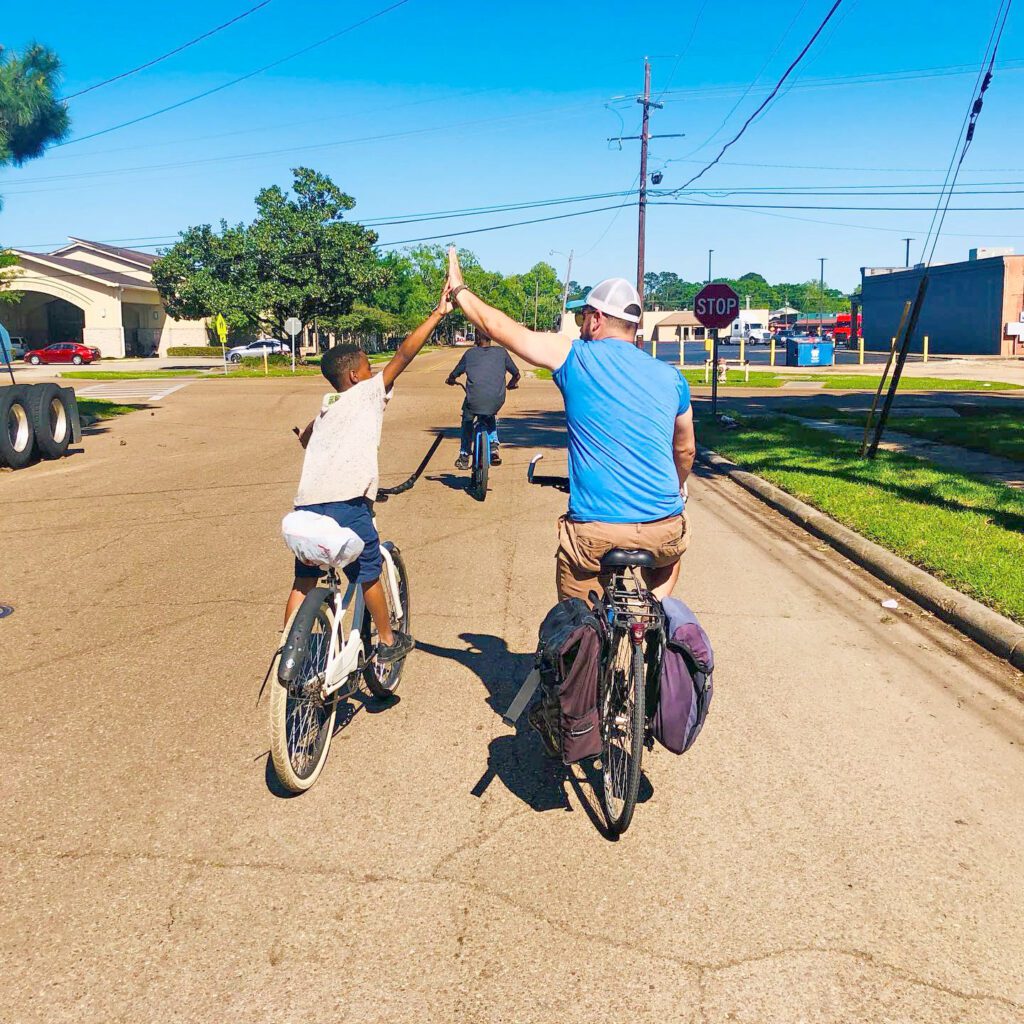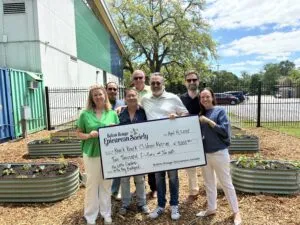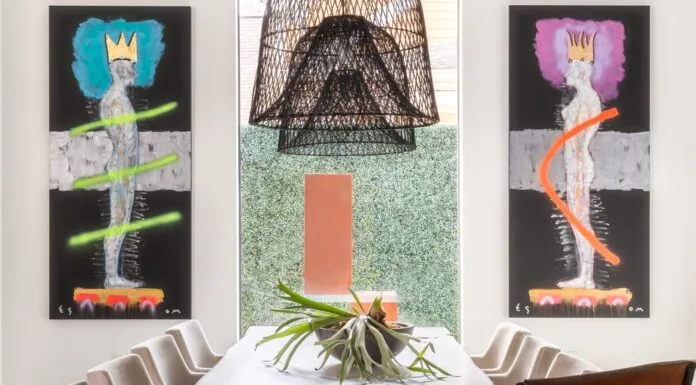
Giving Back: Bike Baton Rouge
On the Bike Baton Rouge website, a map of Baton Rouge’s streets is highlighted in green, red, orange and purple. The colorful lines intersect and cross, forming an intricate web that stretches across the entire city, showing bike riders the safest—as well as the more treacherous—routes to get anywhere and everywhere.
“Baton Rouge is more connected than you might think,” Bike Baton Rouge board president Lynley Farris remarks. “It’s just about knowing where to go and how to get there.”
Since its founding in 2006 by Mark Martin, Bike Baton Rouge, known until 2012 as the Baton Rouge Advocates for Safe Streets, has focused on helping people learn those routes, while also working to add more green lines—aka the safest roadways—to the map.
“Since Baton Rouge is one of the top cities for vulnerable road user deaths, it’s not really surprising that people are nervous to get out there,” Farris says of the statistic that includes both bikers and pedestrians. “But people should know that it is getting better.”
And that’s thanks, at least in part, to the efforts of Bike Baton Rouge. The group works with organizations like BREC on projects such as Greenways that establish protected paths for bikes and pedestrians. They also work with the Louisiana Department of Transportation and Development to create protected bike lanes and lower speed limits in places with high bike and foot traffic.
“The number of bike lanes has doubled in the last five years,” says Bike Baton Rouge board secretary Drew Walker, noting that, in many cases, the organization’s job is to help people in power understand the problems and how best to fix them. “But with that comes the need to justify why we have the infrastructure, and we do that by getting people out there riding.”

During the pandemic, Farris and Walker note that the need for both outdoor pastimes as well as an increased desire for connectivity, albeit at a distance, drove a new wave of interest in biking in Baton Rouge. “Stores were even selling out of bikes,” Farris recalls. But now that people are back to their pre-pandemic lives and schedules, the goal is to keep the movement going.
Bike Baton Rouge helps to support social rides by publicizing group events taking place all over town. They also hold events like the annual Cranksgiving food drive, which marries biking with philanthropy by having participants make a mad dash around town to check off lists of items that will be donated to the Greater Baton Rogue Food Bank ahead of the holiday season.
“Our biggest thing is encouraging folks to ride,” Walker says. “Right now, people here are riding more for leisure. But that plants the seed. Maybe one day they’ll bike to the grocery store instead of driving.”
With many of the group’s members coming from more bike friendly cities, they have a unique perspective on the positive aspects of fostering a biking culture, and they also see the potential that Baton Rouge has.
“Riding a bike isn’t just fun,” Walker notes. “It’s a way to get to know your neighbors and your neighborhood. It helps to create a stronger community because it gets people more connected.”
“And it even has a positive impact on things like tourism,” Farris adds. “Whatever way you look at it, biking helps the city for the better.”
And with bike lanes increasing exponentially across the city over the last five years, Farris and Walker note that it’s only the beginning for Baton Rouge’s biking community.
“By 2024, there will be a way to go all the way from Southern University to L’Auberge,” Farris says. “It sounds like a lot, but once you’re out there riding, you’ll be surprised how far you can go. You just have to get out there and do it.”











